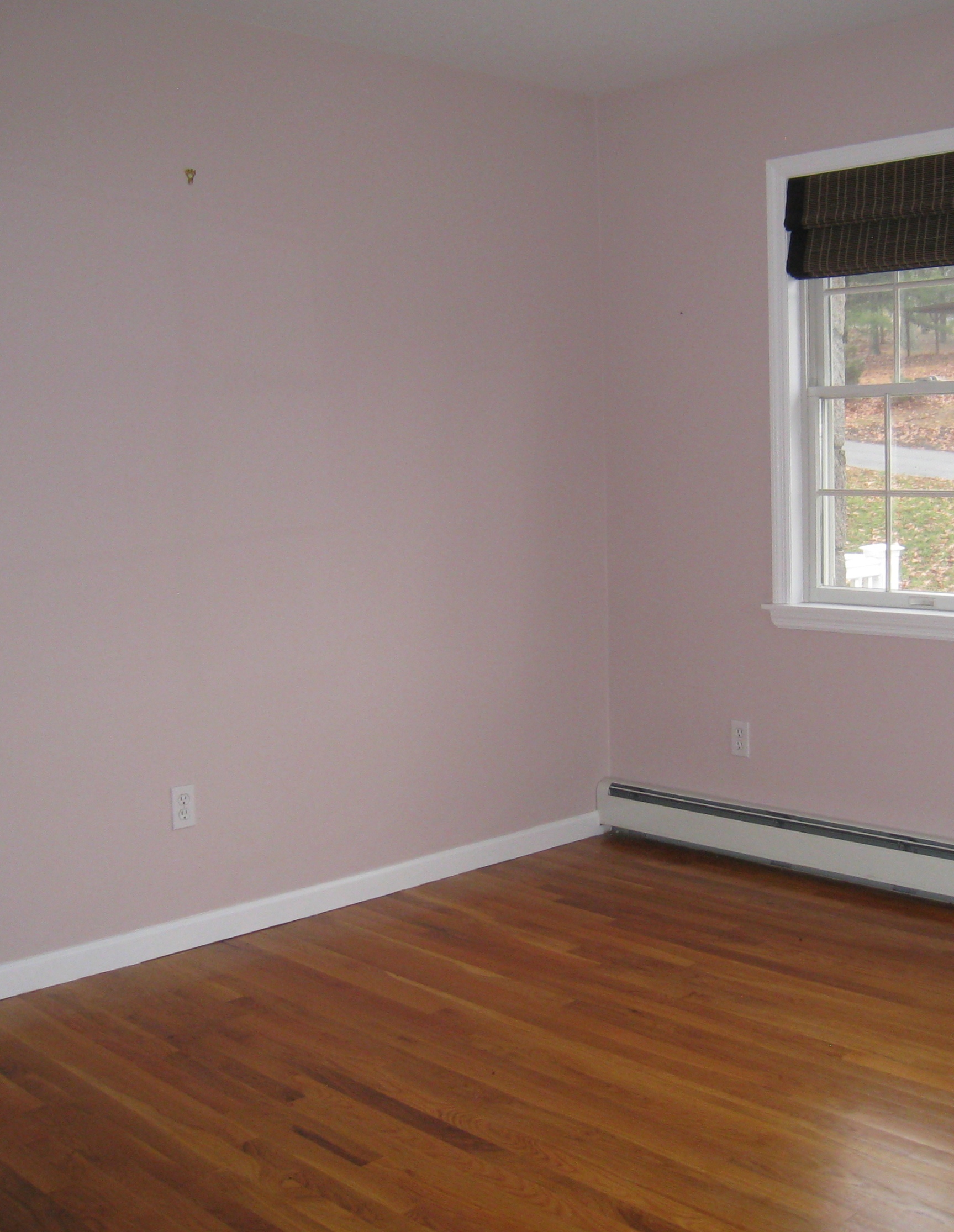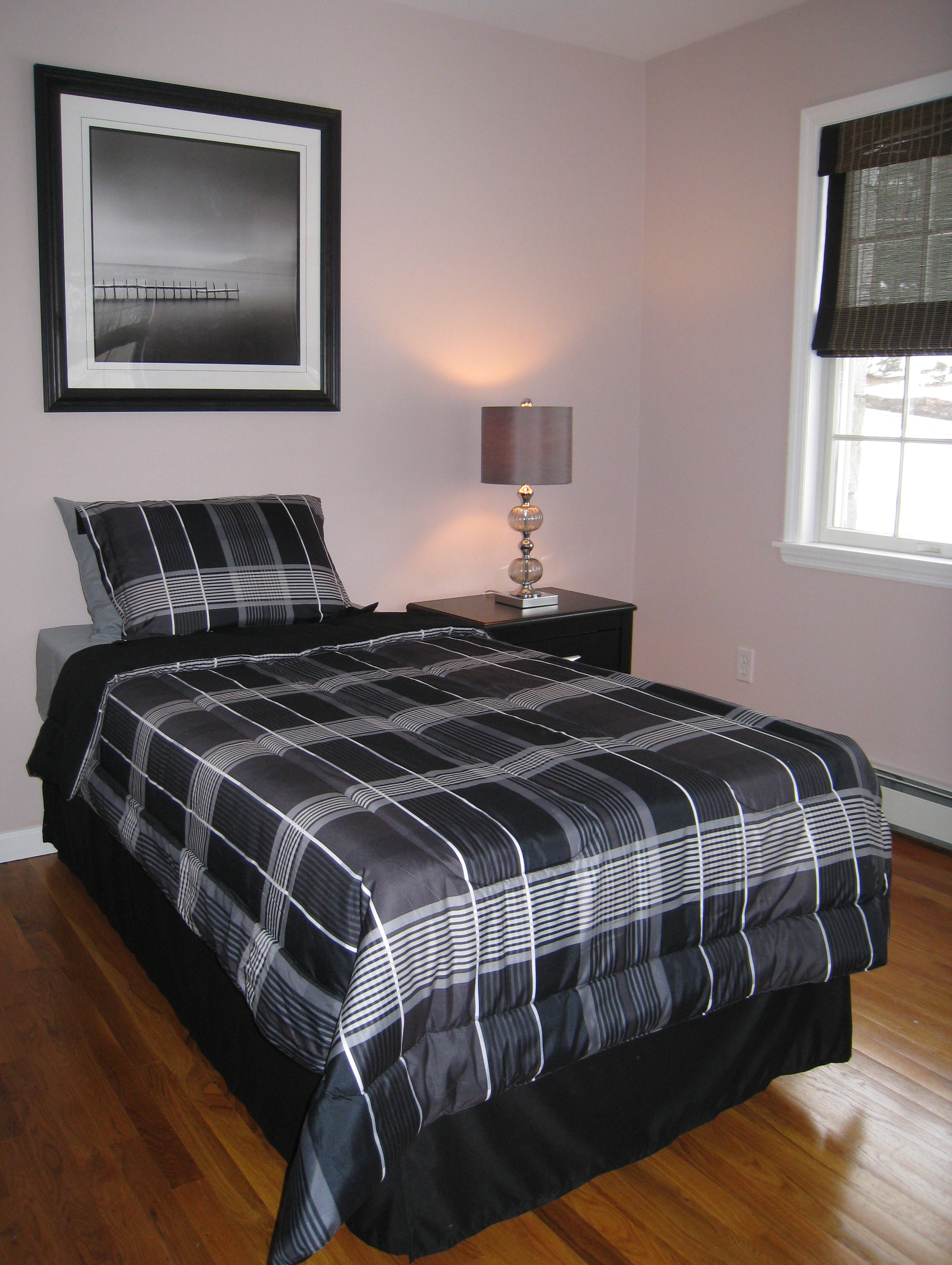Home Staging Proof: Solid Science Proves Staged Homes Sell Faster
By Susan Atwell as published in The Somers Record
So when I first heard that staged homes sell faster than unstaged homes, it seemed to make sense, but I still wondered, How do they really know?
In my mind, there’s only one way to prove that home staging works, and that’s scientifically. To perform this experiment, we need to take two identical homes. One staged (or decorated to sell), one unstaged. Everything else being equal – the home’s location, its price, and promotion to potential buyers – we need to see which one sells faster.
Since we know this isn’t really possible, we can still devise a comparable strategy. Not one that we recommend, of course, but one that many home sellers unwittingly end up trying. Regardless, this technique will still prove if staged homes really do sell faster than unstaged homes. Here are the steps:
First, attempt to sell a home “as is” or unstaged. Then wait and see what happens. If there is no sale, stage the home. Clean, declutter, put away personal items, freshen up paint, add lighting, update bedding, remove old window treatments, put out fresh towels – anything that will show off your home’s best features while making it feel both inviting and move-in ready. Once staged, wait an equal amount of time, or until the home finally sells. Finally, compare how long it takes to sell this home staged versus unstaged.
In 2006 – before I even thought about starting my business – I unknowingly performed this exact experiment with a friend who’s home was on the market 9 months, with no sale and no offers. The market was beginning to cool, but when the home was originally listed, the market was still hot – proving that even in the best markets, some homes won’t sell “as is.”
The total transformation cost less than 1% of the listing price, and once staged, the home proceeded to sell in just 2 months, with multiple offers and the beginnings of a bidding war. At the time the home was listed, there was a 7- month inventory of homes glutting the market. This means that under normal or average conditions, this home would not be expected to sell for at least 7 months. Staging lowered that time to 2 months.
Even with my passion for decorating – and my addiction to home staging television shows – it wasn’t until I saw firsthand the impact staging had that I was truly convinced that it worked. (This experience was also the catalyst that launched my home staging business.)
The Real Estate Staging Association (RESA) has used a similar approach – but on a much larger scale – to prove that home staging works. Each year RESA compiles a report based on feedback submitted by hundreds of home stagers around the United States. Here’s what they found in 2011:
[They] also studied 410 homes that were staged before they went on the market and sold in 42 days on average after staging.
[RESA’s] study proves it does not benefit the homeowner to list the property first to see if it will sell. When they invest in staging before listing, they sell 79% faster.”
There are two variables not taken into account in RESA’s study. We do not know if the asking price was adjusted or if the same real estate agent was used throughout the selling process. The influence of either could be significant.
It is also possible that home sellers anxious to sell are not only more willing to properly prepare their home for sale, but may also be more willing to price the home to sell because, as any home stager or real estate professional will tell you, there is no amount of staging or marketing that can make up for an asking price that is too high.
Try this experiment. Decorate your home to appeal to prospective home buyers, combine that with a great agent and the right price. Then sit back and see how quickly it sells. What have you got to lose?
(Visit www.RealEstateStagingAssociation.com to download a free copy of RESA’s complete report.)
Need more proof? Which home draws your attention?



